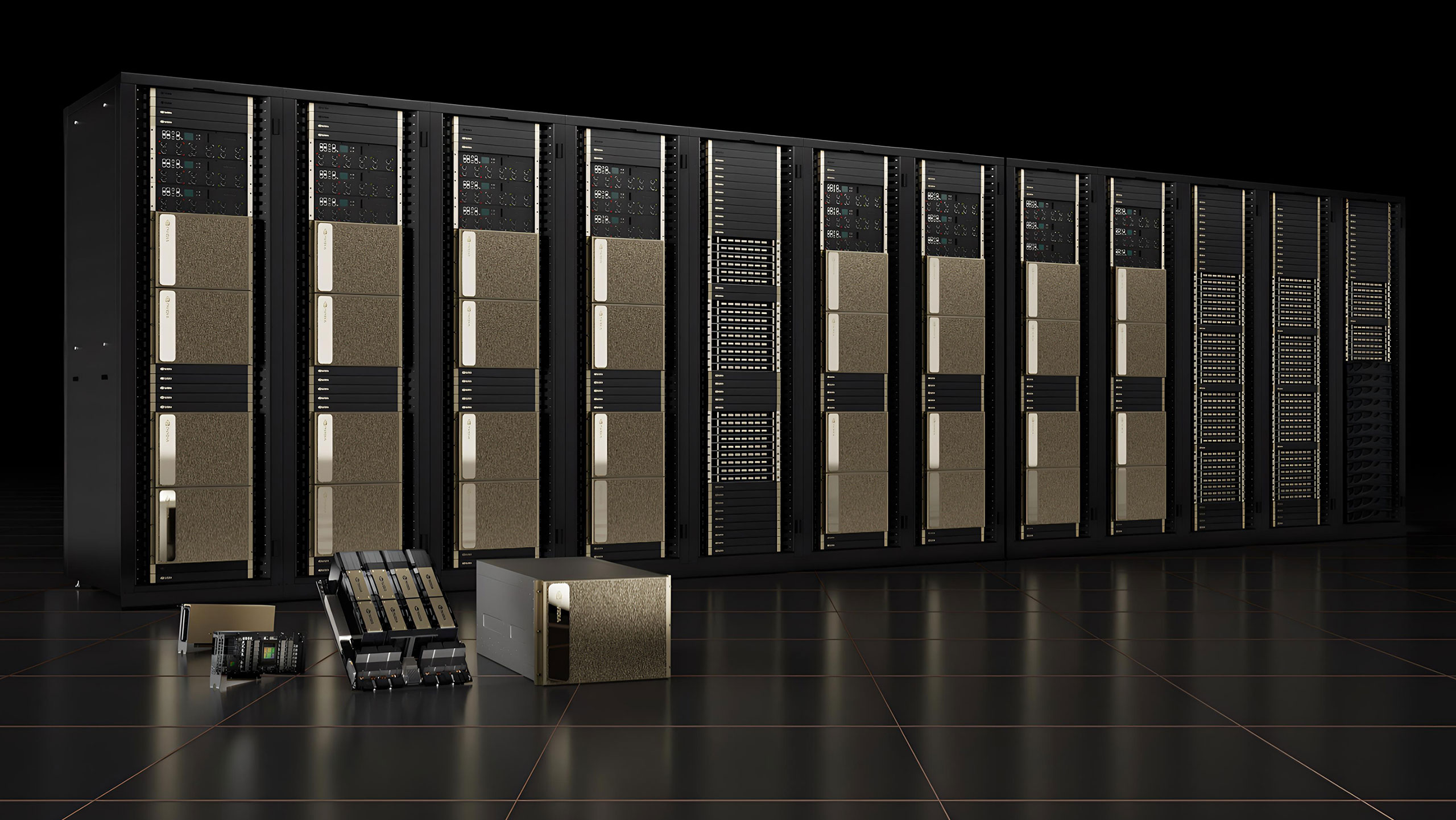sm:leading-[6px] sm:text-sm”>
You may like
-
Nvidia asks US government to ease AI GPU export rules, but Trump administration plans tighter controls
-
Trump wants tighter AI chip export restrictions but may face staffing shortage and other issues
-
Trump reportedly suspends Nvidia H20 export ban plan after $1 million dinner with Jensen Huang
The new bilateral approach
Trump officials, however, will not implement the above framework. Instead, they are crafting a new approach focused on bilateral arrangements with countries such as Saudi Arabia and the United Arab Emirates. To get advanced GPUs, such countries may have to invest in the U.S., or broaden diplomatic cooperation, according to the report. For example, nations like the UAE have advocated for looser rules and have committed to long-term U.S. technology investment, pledging as much as $1.4 trillion over the next 10 years. Until recently, the UAE had to obtain an export license from the U.S. government to obtain advanced AI processors, such as Nvidia’s H100 and H200.
While the Trump team seeks to revise global export rules for AI processors, it has reinforced restrictions against China’s access to advanced AI GPUs designed in the U.S., including AMD’s Instinct MI308 and Nvidia’s H20. As a result, the two companies had to write down billions worth of AI processors in the most recent quarter. It is unlikely that the U.S. government lifts the ban on these processors, but Nvidia is already celebrating the fact that the AI Diffusion Rule is gone. As a result, it can continue shipping its AI and HPC GPUs to Europe without any restrictions.
“We welcome the Administration’s leadership and new direction on AI policy,” a statement by Nvidia reads. “With the AI Diffusion Rule revoked, America will have a once-in-a-generation opportunity to lead the next industrial revolution and create high-paying U.S. jobs, build new U.S.-supplied infrastructure, and alleviate the trade deficit.”
Nvidia has argued that controlling sales to non-Chinese nations could alienate allies and drive them to China’s Huawei AI ecosystem, thus threatening U.S. leadership in the AI sector in the long term. The change may also benefit U.S. firms with global infrastructure ambitions. For example, Oracle’s expansion plans in Malaysia faced potential obstacles under the prior rule due to shipment caps. However, keeping in mind the fact that the Trump administration has a strict stance against China, it is possible that it may curb sales of advanced GPUs to countries used to smuggle Nvidia’s H100 processors and servers to China, which includes Malaysia, Thailand, and Singapore.
Follow Tom’s Hardware on Google News to get our up-to-date news, analysis, and reviews in your feeds. Make sure to click the Follow button.
